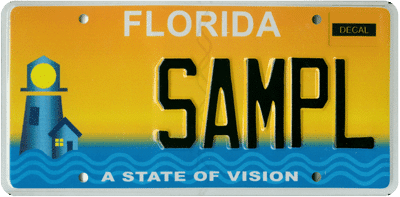Employment Programs and Services
- Computer Training: Vocational/Personal
- Direct Job Placement
- Job Development
- Rehabilitation Engineering
- Supported Employment
- Vocational Evaluation
Computer Training: Vocational/Personal
Vocational Computer Instruction – During the six-to-eight week daytime classes, students enrolled in our computer training classes will learn how to perform typical computer operations such as word processing, data base entry/retrieval, and spreadsheet use. They will also be trained in the use of adaptive software that will allow them to use the computer regardless of blindness or visual impairment. Most students who enroll are interested in gaining computer skills that will increase their potential for employment. Others need the training for school or to update their knowledge as to the most currently available hardware and software.
Personal Computer Training for older blind and for in-home use. Students will learn how to use adaptive technology to create documents, send and receive email messages and access the Internet.
Back to Top
Direct Job Placements
Direct Job Placement provides employment services to persons who are blind or visually impaired. The goal is to place job seekers into jobs that are compatible with their interests and abilities. For over 20 years, Lighthouse for the Blind & Low Vision has successfully helped many of its clients to get jobs in their local communities.
Back to Top
Job Development
If you are an employer who is seeking stable, reliable, and dependable long-term employees, the Lighthouse may be able to help. If you are blind or visually impaired and either unemployed or underemployed, please call us. For all inquiries, call (813) 251-2407 8 a.m. – 4 p.m. Monday – Friday. After hours, please leave a message. A Lighthouse staff member will return your call usually by the following business day.
Back to Top
Rehabilitation Engineering
Rehabilitation Engineering primarily involves the use of adaptive or assistive technology to help those who are blind or visually impaired to maintain their current employment or to obtain new employment. Serving blind and visually impaired persons throughout the State of Florida, the Assistive Technology Specialist uses job analysis to identify those tasks that may need adaptive devices or work place modification. The Assistive Technology Specialist then recommends detailed adaptive technology and training solutions along with information about all costs involved. After approval of recommendations, the Specialist installs and modifies the equipment at the work place and provides on-site training to the client as needed. The Assistive Technology Specialist also serves as a community resource of information to the public regarding questions about computers, scanners, speech access, screen magnification, Closed Circuit Television (CCTV), and a variety of other low and hi-tech adaptive devices that can assist individuals who are blind or visually impaired.
Back to Top
Supported Employment
For those with additional disabilities, Supported Employment is similar to regular Direct Job Placement except for the primary emphasis placed on direct training at the job site. The Employment Specialist helps the client find a job then works with him or her at the job site until the training is complete. After the training period, the Employment Specialist follows up periodically with the client to troubleshoot problems as they arise. Another aspect of the Employment Specialist’s job might be to assist with issues that have an impact on the job, such as transportation, living arrangements, and support/referral to community resources.
Back to Top
Vocational Evaluation
Vocational Evaluation assists each individual in identifying suitable areas of employment and job training. Individuals are evaluated in basic academic skills, work habits, aptitudes; interests, work-related skills, strengths and weaknesses; and overall productivity. Individuals who complete this program are referred to Job Placement, Computer Training, or outside vocational training.
Back to Top
For more information please contact us at TLH@lighthouseblv.org.


